Data science vs data analytics: Unpacking the differences
IBM Journey to AI blog
SEPTEMBER 19, 2023
Data analytics is a task that resides under the data science umbrella and is done to query, interpret and visualize datasets. Data scientists will often perform data analysis tasks to understand a dataset or evaluate outcomes. The dedicated data analyst Virtually any stakeholder of any discipline can analyze data.


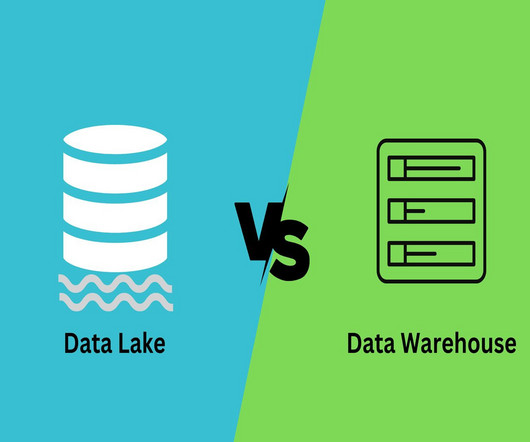

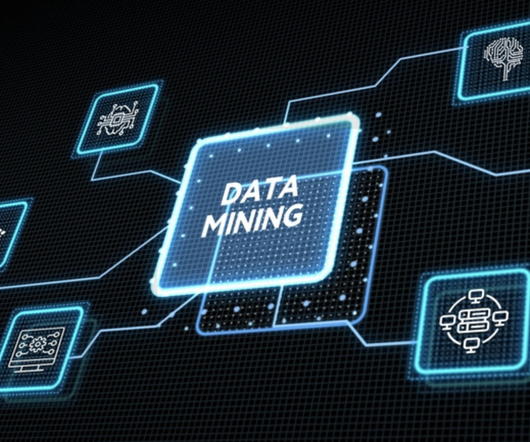
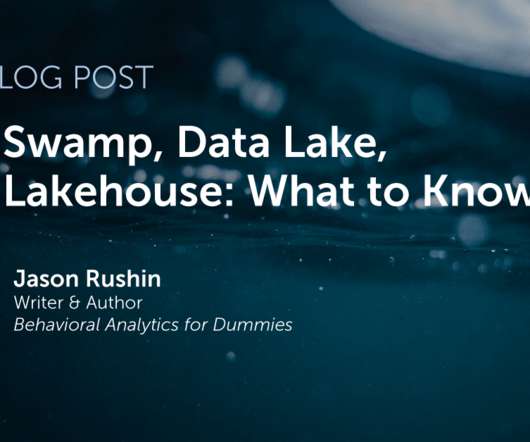
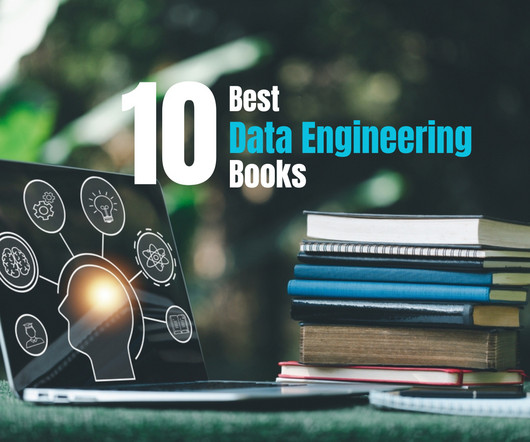

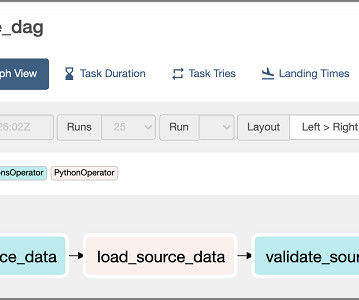
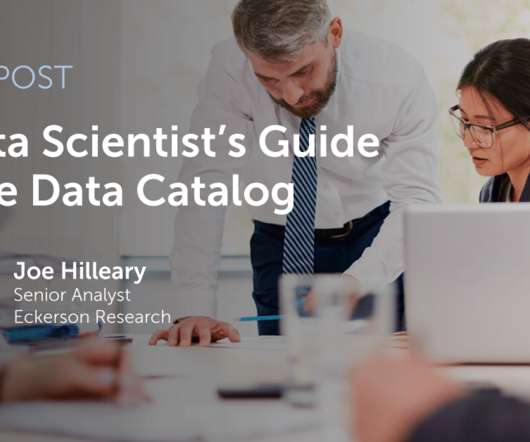
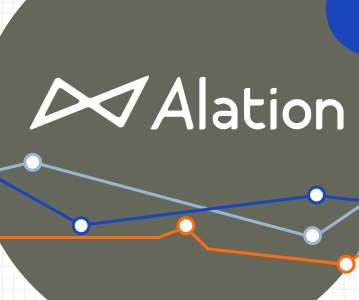

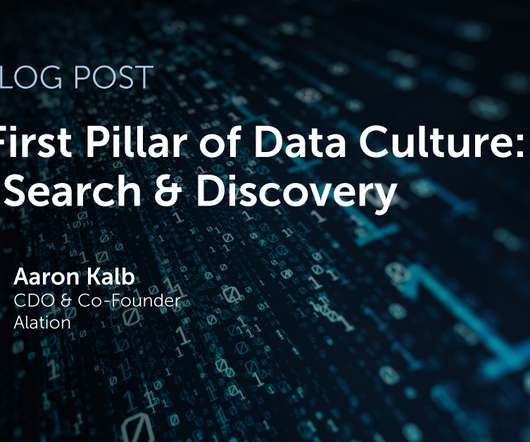
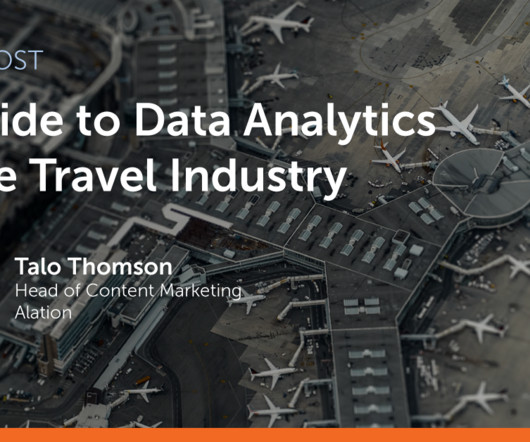
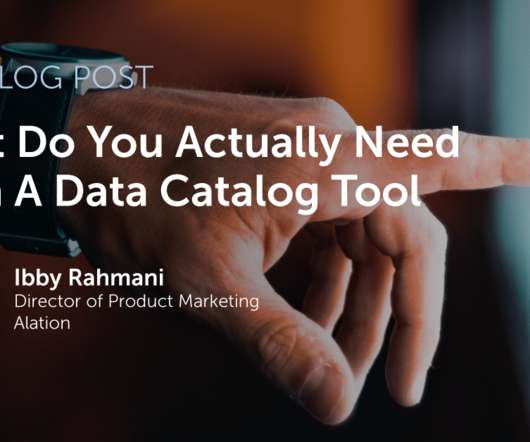







Let's personalize your content